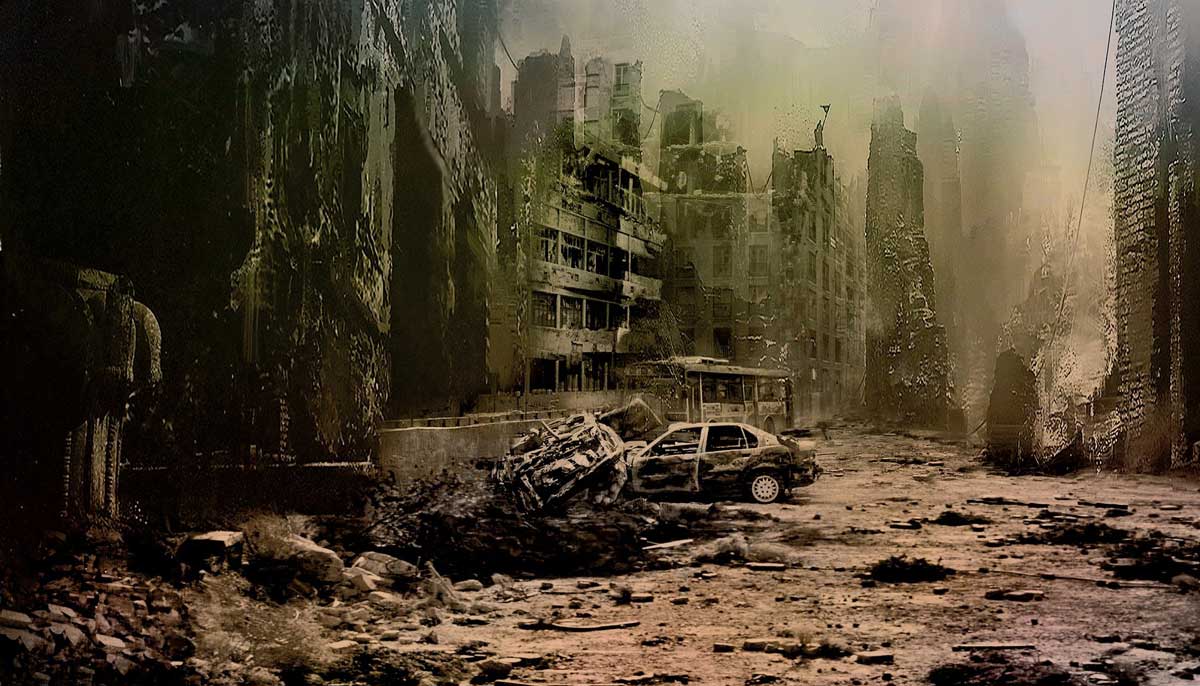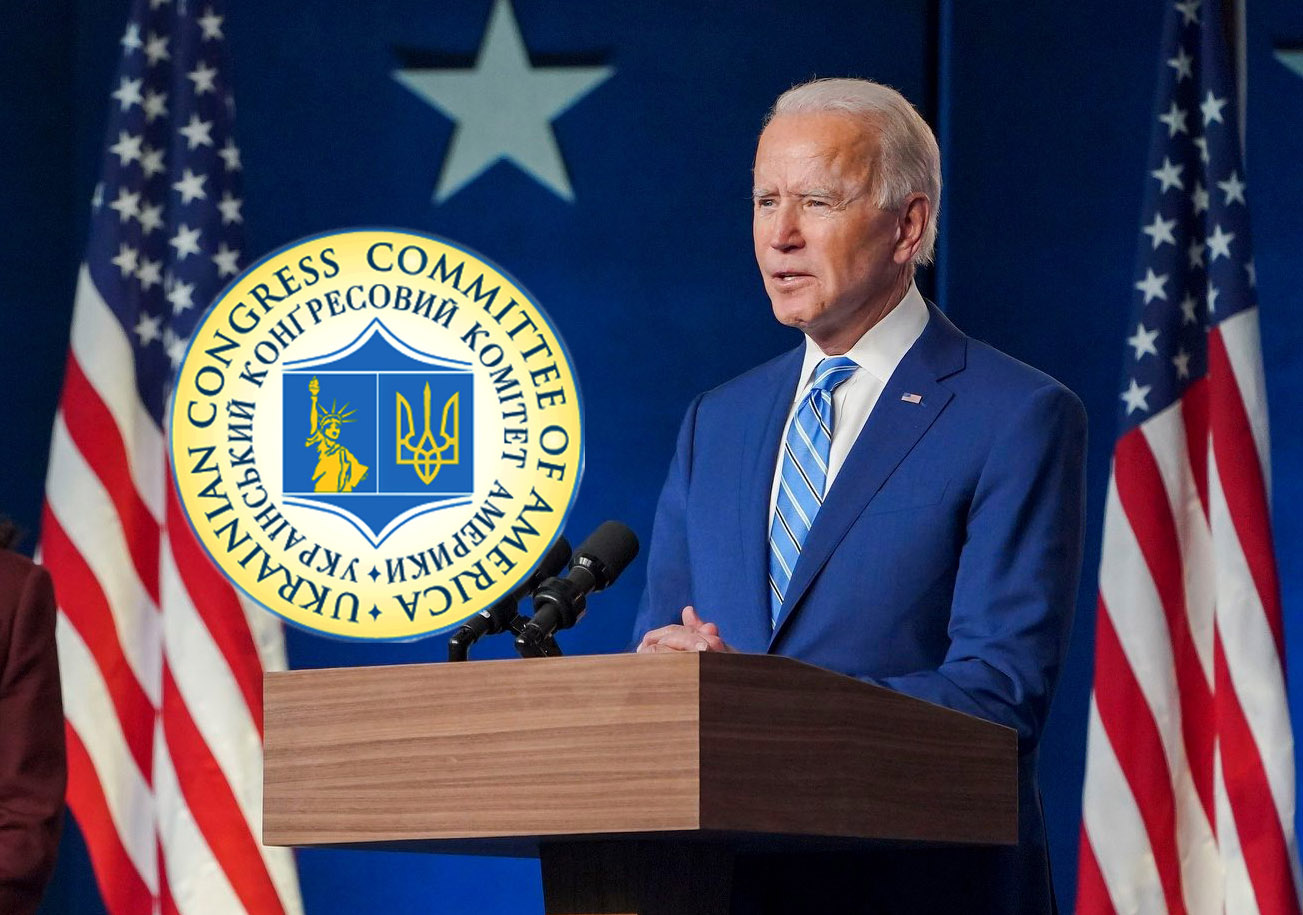
To my non-Ukrainian friends about Ukraine
Expressions “if Russia invades” or “will there be a war?” are nonsense. Russia invaded in 2014, and the war has been going on non-stop for eight years. Russia already occupied parts of southern and eastern Ukraine, a territory that is larger than Switzerland, Denmark, or the Netherlands. Thousands of Ukrainians died fighting Russian armed forces, and millions were forced to flee for their lives. It already happened.
I don’t know why all the news channels around the world all of a sudden got interested in Ukraine as if something had changed a few weeks ago. No, thousands of Russian troops have been in Ukraine and around Ukraine for years. Ukrainian soldiers have been dying daily for eight years. It was NOT any better a month, a year, or five years ago.
If you listen to the news these days, it sounds like it was OK before, and now it has gotten worse. No, it was bad for eight years, just like it is today. It’s definitely more in the news now, but it has been just as bad all eight years as it is now. The only new recent development is that yesterday Russia “recognized the independence” of the occupied Ukrainian territories, whatever that means. It had not only “recognized” but also “formally incorporated” a much larger territory in 2014, so I am not sure how yesterday’s “recognition” changes things.
Stop saying “Russian-speaking regions” of Ukraine. Russian is spoken all around Ukraine, and certainly not more in the currently occupied parts of Ukraine than elsewhere in Ukraine. Stop mentioning “Russian language” as if it justifies Putin’s land grab. You wouldn’t be justifying a German invasion into the “German-speaking” part of Switzerland or a French invasion into the “French-speaking” part of Canada. Or a British invasion into Canada’s “English-speaking” regions. Or a Ukrainian invasion into the Ukrainian-speaking parts of Russia (there are quite a few with sizable ethnic Ukrainian populations)… Or would you?
Stop saying “Russia-backed separatists”. The correct expression is, “Russian military, with Russia-appointed and imported-from-Russia leaders, backed by a few local sympathizers, while millions of anti-Russian locals had to flee and millions more had to shut up and keep their heads down because if they don’t, they’ll be arrested or killed as thousands others have been.”
Now that we got the facts right and named things for what they are, we can talk about what could/should have been done but was not done in 2014, 2015, 2016, 2017, 2018, 2019, 2020, 2021, and could be or should be done now. Just remember, it’s not any different from when Hiter invaded the Sudetenland. Or Stalin invaded Finland, Romania, Estonia, Latvia, and Lithuania. In all of those invasions, the cover narrative was the same as it is today in Ukraine: a large militarized country finds a few local sympathizers who allege oppression by the local government, “appoints” and “recognizes” a few local “officials” who “request help” from the large militarized country, invade to “protect” or “rectify historical wrongs”. In 1939-1940, other than Britain, the west chose to do nothing.
I’ll leave it up to you to decide who’s right and who’s wrong and what needs to be done here, if anything. I just want you to properly understand the background and use the correct terminology.
Image by brands amon from Pixabay


